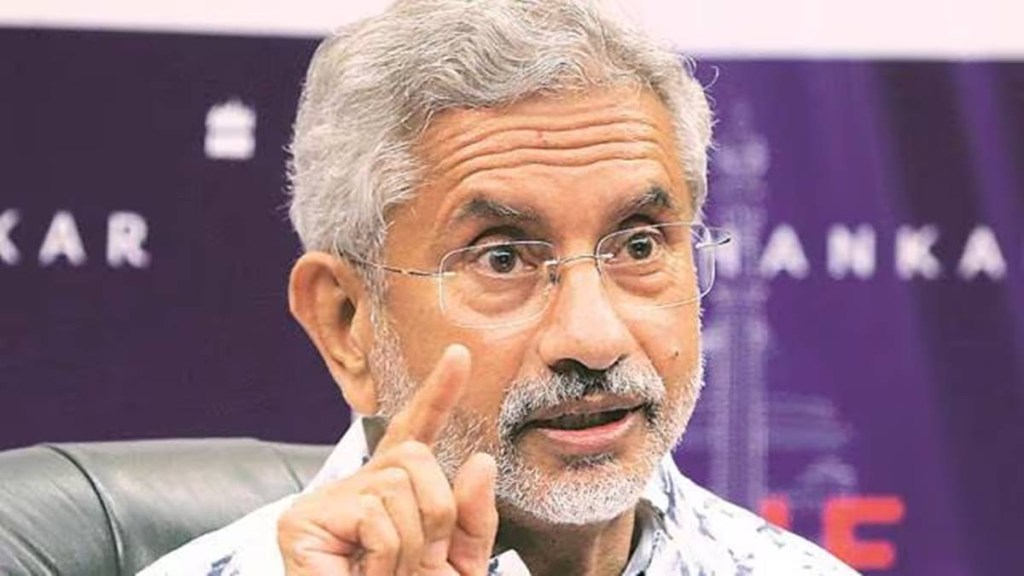External Affairs Minister S Jaishankar expressed strong concerns about the United Nations’ inability to adapt to contemporary realities, stating that it remains a “prisoner” of the past. He emphasised that countries of the Global South can no longer afford to be “short-changed” and that their proper representation in a reformed United Nations Security Council (UNSC) is a “particular imperative.”
Jaishankar made these remarks during the 2nd Foreign Ministers meeting of G20 Brasil 2024, centred on the theme of “Building a Just World and a Sustainable Planet.” He highlighted the evolution of the global landscape, noting, “The world has evolved into a smart, interconnected, and multipolar arena, with its members increasing fourfold since the UN’s inception. Yet the UN remains a prisoner of the past.”
He pointed out that this historical inertia undermines the UNSC’s ability to fulfil its mandate of maintaining international peace and stability, ultimately compromising its effectiveness and credibility. Addressing attendees at the UN Headquarters on Wednesday, Jaishankar argued, “Without reforms, including expansion in both categories of UNSC membership, the lack of effectiveness of the 15-nation body will only continue.”
The minister insisted that the expansion and proper representation of countries from Asia, Africa, and Latin America—essentially the Global South—are critical. “They cannot continue to be short-changed; they must be given their legitimate voice,” he stated, stressing that real change needs to happen swiftly.
India has long championed reforms to the Security Council, advocating for the expansion of both permanent and non-permanent categories. Jaishankar noted that the current configuration of the UNSC, established in 1945, fails to reflect the geopolitical realities of the 21st century. He asserted that India rightfully deserves a permanent seat at the UNSC.
Highlighting the ineffectiveness of the polarized Security Council, Jaishankar pointed to its failure to address pressing security challenges, particularly in light of ongoing conflicts such as the war in Ukraine and the Israel-Hamas crisis.
UN Secretary-General Antonio Guterres has echoed these sentiments, describing the UNSC as “outdated” and warning that it risks losing all credibility unless reforms are implemented. Guterres noted that while the UN had 51 member states at its founding nearly 80 years ago, it now comprises 193 nations, illustrating the urgent need for adaptation.
In addition to UNSC reform, Jaishankar reiterated India’s commitment to a rules-based and equitable multilateral trading system, centred around the World Trade Organisation (WTO). He stressed the importance of fostering a level playing field and discouraging market-distorting practices and protectionism.
India calls for comprehensive WTO reforms to enhance its functionality through an inclusive and transparent process, asserting its dedication to constructive discussions aimed at achieving an effective dispute settlement system accessible to all members.
Jaishankar also underscored the necessity for reforming the international financial architecture, urging Bretton Woods institutions to focus on pressing issues related to development and climate change. He highlighted the substantial financing and investment gaps for the Sustainable Development Goals, estimated at up to USD 4 trillion annually, and called for making Multilateral Development Banks (MDBs) more robust and effective.
Reflecting on progress made during India’s G20 presidency, Jaishankar noted that G20 leaders called for expanding climate finance from billions to trillions, a momentum that he stated has been continued under Brazil’s presidency. He emphasized that bold, transformative action is necessary for a more equitable and inclusive future, urging the G20 to take the lead in this regard.
(With PTI inputs)

